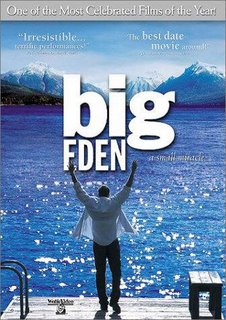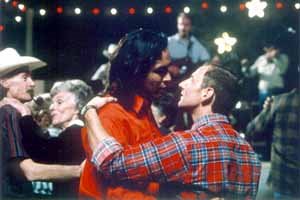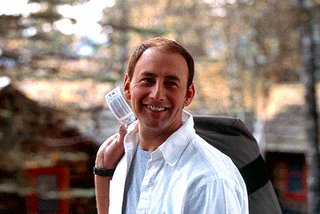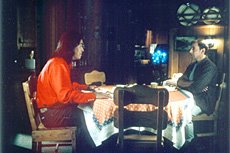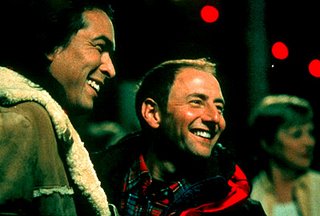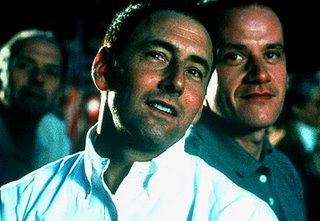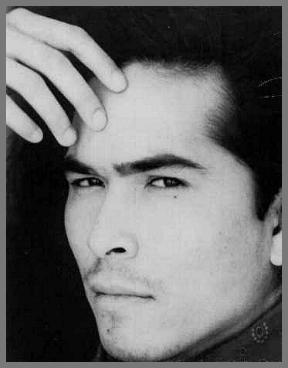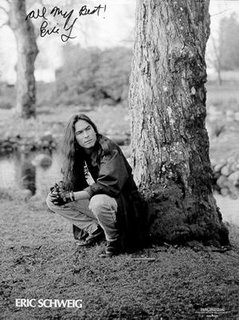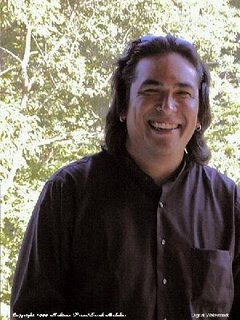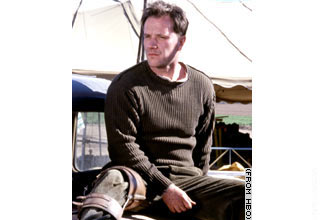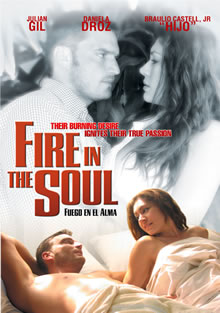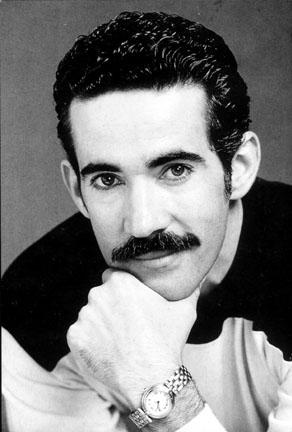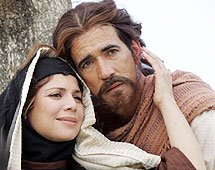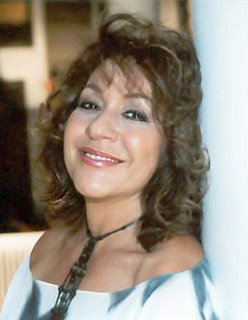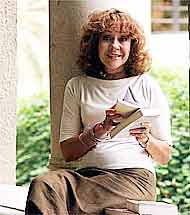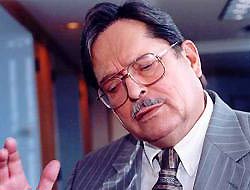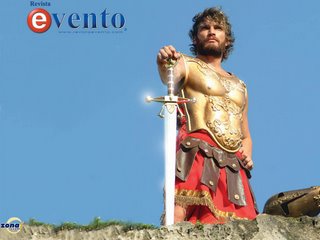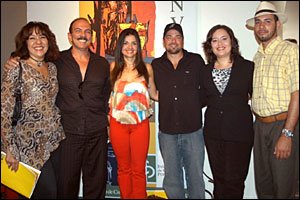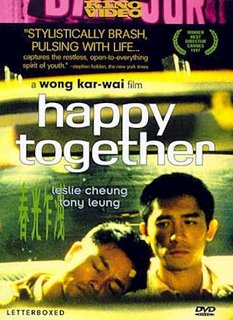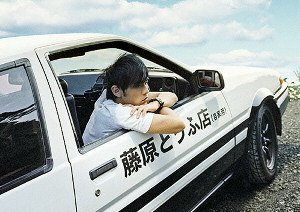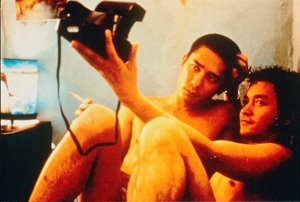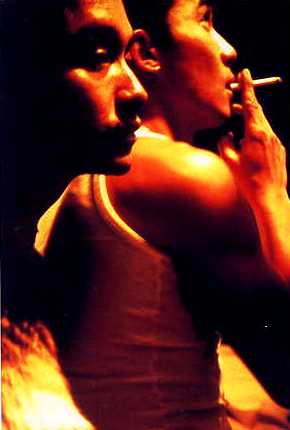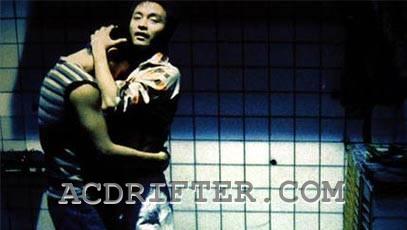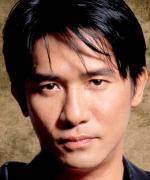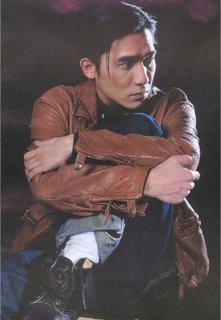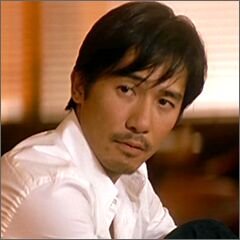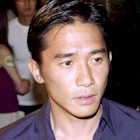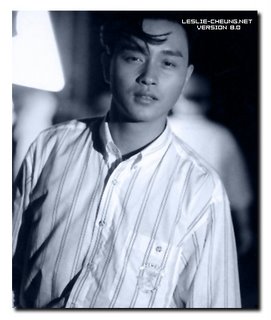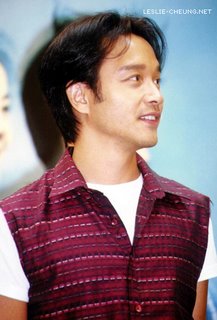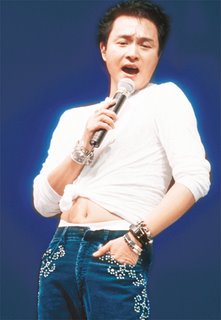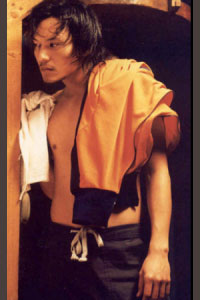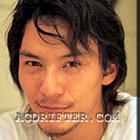Grande Ecole
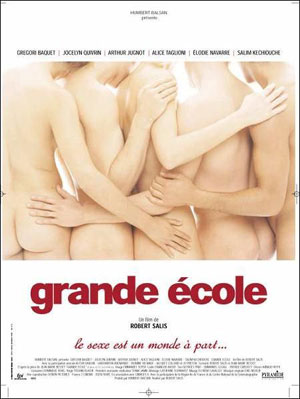 Grande Ecole
Grande Ecole(2004)
Directed by
Robert Salis
Writing credits Robert Salis (scenario) &
Jean-Marie Besset
Cast overview, first billed only:
Gregori Baquet....Paul
Alice Taglioni ....Agnès
Jocelyn Quivrin....Louis-Arnault
Elodie Navarre....Emeline
Arthur Jugnot....Chouquet
Salim Kechiouche ....Mécir
Eva Darlan ....Mme Chouquet
Every year the French education system filters out students who are earmarked as potential candidates for high ranking government positions. They are shipped off to a number of schools known as "Grandes Ecoles," where they are trained to become future leaders of the country. GRANDE ECOLE is a scandalous dramatization of events that happen among the fiercely competitive students, focusing on a burgeoning homosexual relationship between two roommates.
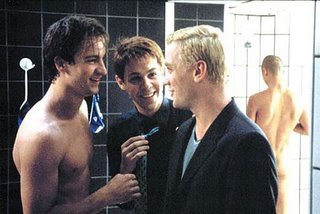 The strict rules of the school forbid such contact, and the students soon come to blows with the overly fussy administration, who seek to clamp down on the boys activities. The tension between the students and the school officials builds to an unbearable breaking point, with director Robert Salis drawing on the main characters ethnic origins to add another facet to the conflict. A brave statement on the state of contemporary French schooling, GRANDE ECOLE is a powerful, moving drama from a director who, on this evidence, has a glittering future ahead of him.
The strict rules of the school forbid such contact, and the students soon come to blows with the overly fussy administration, who seek to clamp down on the boys activities. The tension between the students and the school officials builds to an unbearable breaking point, with director Robert Salis drawing on the main characters ethnic origins to add another facet to the conflict. A brave statement on the state of contemporary French schooling, GRANDE ECOLE is a powerful, moving drama from a director who, on this evidence, has a glittering future ahead of him.Reviews
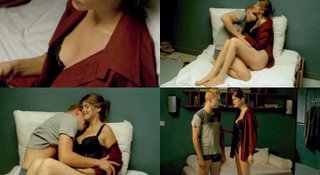 Paul is the hunky son of a Marseilles contractor. Raised to be brilliant but also racist (snubbing Arabs) and classist (snubbing blue-collar workers and the poor), Paul is sent to an elite Parisian economics college where he is supposed to learn about management and marketing. But Paul isn't his father's son. He's artistically-minded (which should be your first clue about his inner life) and rejects his father's biases. Soon, Paul has taken up with Agnes, a young woman who is attending the liberal-arts university next door and who is an avid supporter of human rights.
Paul is the hunky son of a Marseilles contractor. Raised to be brilliant but also racist (snubbing Arabs) and classist (snubbing blue-collar workers and the poor), Paul is sent to an elite Parisian economics college where he is supposed to learn about management and marketing. But Paul isn't his father's son. He's artistically-minded (which should be your first clue about his inner life) and rejects his father's biases. Soon, Paul has taken up with Agnes, a young woman who is attending the liberal-arts university next door and who is an avid supporter of human rights.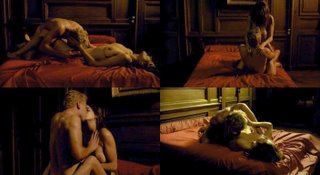 One of Paul's roommates is Louis-Arnault, a hunky business major with a penchant for water polo (he comes from a legendarily wealthy background) and girls. The other is the materialistic, shallow, rich boy, Chouquet.
One of Paul's roommates is Louis-Arnault, a hunky business major with a penchant for water polo (he comes from a legendarily wealthy background) and girls. The other is the materialistic, shallow, rich boy, Chouquet.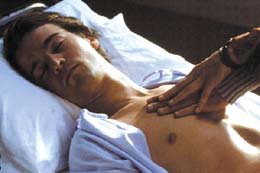
Paul has a stunning girlfriend, the beautiful Emeline, who also attends the school of economics. While Louis-Arnault's and Emeline's relationship seems stable and loving, Paul's relationship with Agnes seems a bit rockier. Paul loves Agnes, but is a little emotionally and physically withdrawn from her.
It's not long before Paul develops an intense homosexual crush on the handsome, athletic Louis-Arnault -- even going so far as to steal his boxers! Then the handsome Arabian blue-collar worker, Mecir, arrives on campus as part of the construction crew renovating buildings on the school grounds. Paul is equally attracted to Mecir.
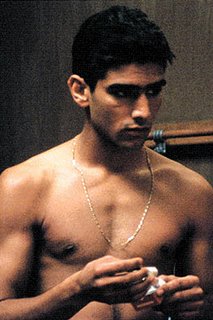
Agnes is no dummy: She senses Paul's ambivalence and proposes a test. If Paul seduces Louis-Arnault first, Agnes will leave and never say a word. If Agnes seduces Louis-Arnault first, then Paul must give up his homosexual longings and be exclusively heterosexual and monogamous with her.
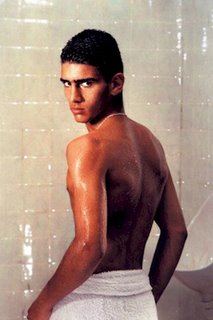 The great problem with the film is that it is not entirely clear why Agnes would suggest such a thing. For his part, Paul never agrees to Agnes' plan -- so just what does Agnes think she is doing?
The great problem with the film is that it is not entirely clear why Agnes would suggest such a thing. For his part, Paul never agrees to Agnes' plan -- so just what does Agnes think she is doing?After the first hour, Chouquet drops completely out of the picture -- which is frustrating. Mecir figures more and more prominently in Paul's sex life and emotions. But just as the viewer expects religion to become an issue (Mecir is clearly a practicing Muslim), it doesn't.
Much more satisfying is the film's extensive commentary on the emotional desert that is capitalism, greed and materialism. There is a tremendously important and well-written discussion during the film's climax that is a real wonder. The grand ideas fly fast and furious, and the writing and acting is pure gold there.
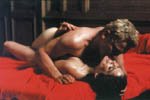
For the most part, however, the film's sexual themes -- which are ostensibly it's raison d'etre -- are muddy. The film's commentaries on race, class, materialism and the burden of history are much clearer and more satisfying.
Overall, the quality of the acting is rather good. Salim Kechiouche is superb, and Gregori Baquet has his moments. Also rising above the fray is Alice Taglioni, who is subtle and powerful as the put-upon Agnes.
Gregori Baquet
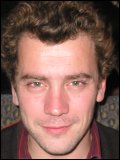 Actor
ActorBorn on December 11, 1970 in Paris (France)
Currently in the series: A woman of honour , Limiting Extreme
Biography
At 6 years, his/her father, Maurice Bucket , the registered voter with the academy, where it learns the piano. It is put then at the clarinet, the saxophone and the song. It takes its first steps on scene in the troop of its college. In order to devote itself to this passion, it decides to give up its studies.
After its military service, it signs its first contract with Karim Salah, who allows him to play in plays of Molière or Shakespeare, like Hamlet . It plays sides of Jean Marais and Bernadette Lafont in Arlésienne .
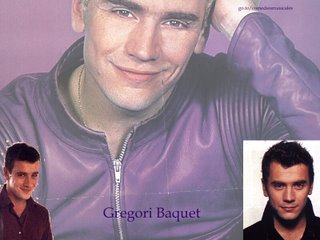
With the cinema, it obtains small roles in the white Queen at the sides of Catherine Deneuve and Richard Bohringer , like in film of Jean-Pierre Ronssin , Irresolu . Large school of Robert Dirtied , makes it possible to him to interpret the role of a homosexual student. It turns in two short films, Attention AIDS (of Paul Boujenah ) and the Life of dead (of Arnaud Desplechin ).
The face of Grégori also appears on the small screen, om it interprets Mathieu in Limiting the Extrême series . It is, thereafter, with the credits
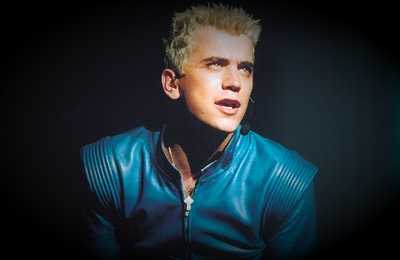 of several tele series, like the Holidays of the Love , an episode of Joséphine, guardian angel and a Woman of honour , for which it incarne the gendarme Stéphane Cluzeau.
of several tele series, like the Holidays of the Love , an episode of Joséphine, guardian angel and a Woman of honour , for which it incarne the gendarme Stéphane Cluzeau.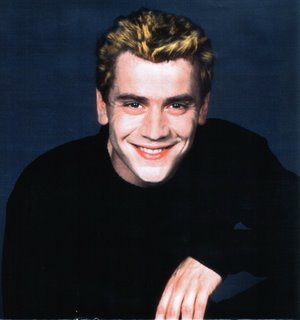
 The Tatoo short film , mark its beginnings as a realizer.
The Tatoo short film , mark its beginnings as a realizer.Jocelyn Quivrin
Artiste interprète Cinéma
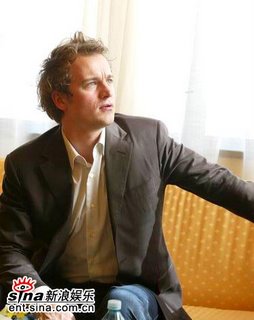 Long métrage
Long métrage2005 JACQUOU LE CROQUANT Réal. Laurent BOUTONNAT
2004 L'EMPIRE DES LOUPS Réal. Chris NAHON
2004 SYRIANA Réal. Steven GAGHAN
2003 GRANDE ÉCOLE Réal. Robert SALIS
2003 L'OUTREMANGEUR Réal. Thierry BINISTI
2002 SANS ELLE Réal. Anna de PALMA
2001 QUI VEUT DEVENIR UNE STAR ? Réal. Patrice POOYARD
2000 FÉROCE Réal. Gilles de MAISTRE
1999 SANS PLOMB Réal. Muriel TEODORI
1999 LE PROF Réal. Alexandre JARDIN
1999 PIERRE MÉGEMONT Réal. BEFSCHNARGE
1998 PEUT-ÊTRE Réal. Cédric KLAPISCH
1998 NOËL EN FAMILLE Réal. Aruna VILLIERS et F. BERTHAUD
1997 LAUTREC Réal. Roger PLANCHON
1997 ELIZABETH I Réal. Shekhar KAPUR
1997 LA LEÇON DE MONSIEUR PAILLASSON Réal. Michel FESSLER
1996 AU BOUT DE LA NUIT Réal. Etienne FAURE
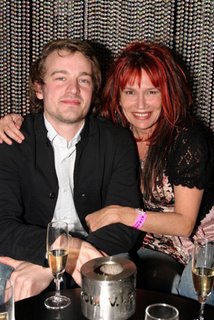
1996 COUNTRY BOY Réal. Raphaël SCHNEIDER et Sébastien LAFARGE
1994 FIESTA Réal. Pierre BOUTRON
1994 AU PETIT MARGUERY Réal. Laurent BENEGUI
1993 LE KRASH RECORD Réal. Dominique CHAMPETIER
1992 LOUIS ENFANT ROI Réal. Roger PLANCHON
Sélection officielle Cannes 1993
Court métrage cinéma
1994 OPTION CINÉMA Réal. Patrick VOLSON
Moyen métrage
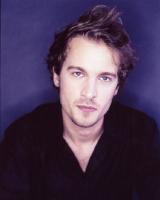 Artiste interprète Théâtre
Artiste interprète Théâtre2003 L'ÉVENTAIL DE LADY WINDERMERE de Oscar WILDE Adap. Pierre LAVILLE Msc. François-Louis TILLY
1998 DO YOU LOVE ME de Redjep MITROVISTA Festival d'Avignon
Artiste interprète Télévision
Série Télévisée
1999 CHÈRE MARIANNE Réal. Pierre JOASSIN
1999 P J Réal. Gérard VERGEZ
1999 MAIGRET HÉSITE Réal. Denys GRANIER DEFERRE
1999 JULIE LESCAUT Réal. Alain WERMUS
1998 EMBARQUEMENT IMMÉDIAT Réal. Aline ISSERMANN
1997 DOSSIERS DISPARUS Réal. Frédéric DEMONT
1991 OEIL POUR OEIL : BESOIN DE PERSONNE Réal. Nicolas LUBLIN
Téléfilm
2001 L'ENFANT DES LUMIÈRES Réal. Daniel VIGNE
2000 RASTIGNAC Réal. Alain TASMA

Prix d'Interprétation Masculine au Festival de Luchon 2001
2000 CLÉMENT Réal. Emmanuelle BERCOT
2000 NANA Réal. Edouard MOLINARO
1999 FREEYOP (PUB) Réal. Bertrand BLIER
1999 L'OMBRE D'UN DOUTE Réal. Gilles BEHAT
1998 LOTO Réal. Cédric KLAPISH
1998 UN POIDS LOURD SUR LA CONSCIENCE Réal. Alain WERMUS
1998 LA BANQUISE Réal. Pierre LARY
1998 LE DERNIER MOT Réal. Sébastien GRALL
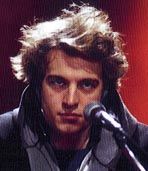
1998 20ÈME SIÈCLE Réal. Hélène GETTARY
1997 LE TEMPS DES SECRETS Réal. Daniel VIGNE
1997 LUTTE ANTI TABAC Réal. Marion VERNOUX
1996 HISTOIRE D'HOMMES Réal. Olivier LANGLOIS
1996 COMME UN MALAISE Réal. Pierre LARY
1995 CLARA ET SON JUGE Réal. Joël SANTONI
1995 MYLÈNE Réal. Claire DEVERS
1994 VANESSA ET LA PETITE DORMEUSE Réal. Philippe TRIBOIT
1990 LES COMPAGNONS DE L'AVENTURE Réal. Christophe ANDREI
1990 PORT BREAC'H Réal. Pierre GOUTAS
Salim Kechiouche
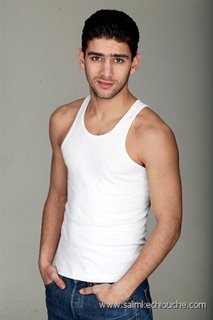 Salim Kechiouche is a young French-Arab actor born on 2 April 1979, in Lyon, France. Salim has the face of an angel and the body of a man, and that combination makes him a dream for many. It is no surprise he was chosen by the famous artists Pierre & Gilles to be the subject on several of their works.
Salim Kechiouche is a young French-Arab actor born on 2 April 1979, in Lyon, France. Salim has the face of an angel and the body of a man, and that combination makes him a dream for many. It is no surprise he was chosen by the famous artists Pierre & Gilles to be the subject on several of their works.Salim Kechiouche made his acting debut at the age of 16, and plays since then often in gay-themed movies, and frequently gay characters. His film roles have included Jamel in À Toute Vitesse (Full Speed - 1996),
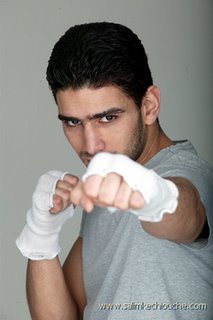 Saïd in Les Amants Criminels (Criminal Lovers - 1999) and Kacem in Premières Neiges (1999). He also plays Mécir, the young lower class gay Arab school employee, in Grande Ecole (2004), and proofs he is not afraid to show himself nude, full frontal and in hot sex scenes.
Saïd in Les Amants Criminels (Criminal Lovers - 1999) and Kacem in Premières Neiges (1999). He also plays Mécir, the young lower class gay Arab school employee, in Grande Ecole (2004), and proofs he is not afraid to show himself nude, full frontal and in hot sex scenes. But this young Arab Alain Delon does more then making good movies. Photogenic as he is he posed for several photographers, like Philippe Leroux, Pascal Faure and Philippe Quaisse. He is also a talented stage actor that he proves once again with his excellent performance in the theatre play
But this young Arab Alain Delon does more then making good movies. Photogenic as he is he posed for several photographers, like Philippe Leroux, Pascal Faure and Philippe Quaisse. He is also a talented stage actor that he proves once again with his excellent performance in the theatre play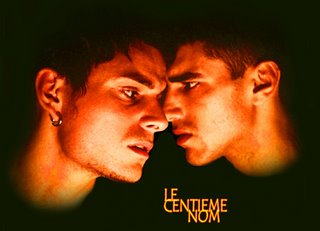 LE CENTIEME NOM, the impossible love story between a Jewish and a Palestinian boy.
LE CENTIEME NOM, the impossible love story between a Jewish and a Palestinian boy. Kechiouche mainly acts in roles in gay-themed films, often playing gay characters.
Kechiouche mainly acts in roles in gay-themed films, often playing gay characters.Filmography:
* À toute vitesse (1996)
* Les Amants Criminels (1999)
* Premières Neiges (1999)
* Grande École (2004)
* Le Clan (2004)
* Vie et Mort de Pier Paolo Passolini (2004)
